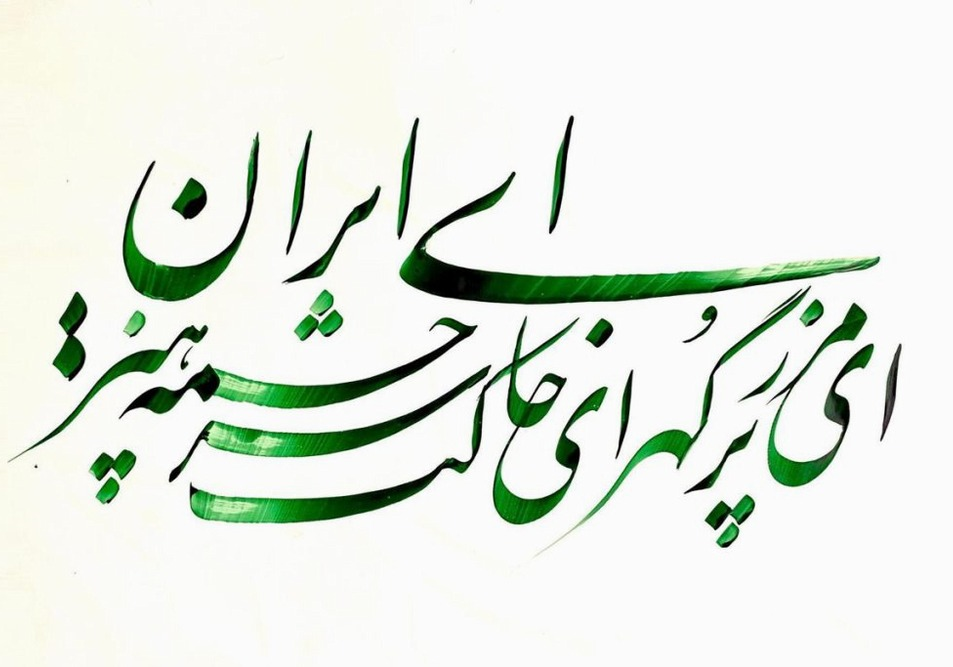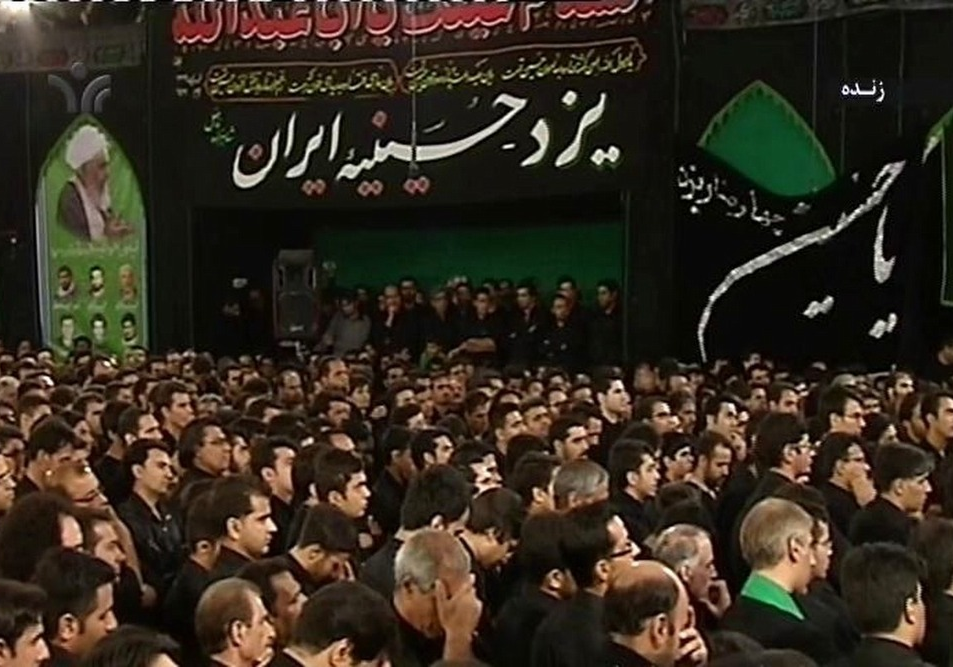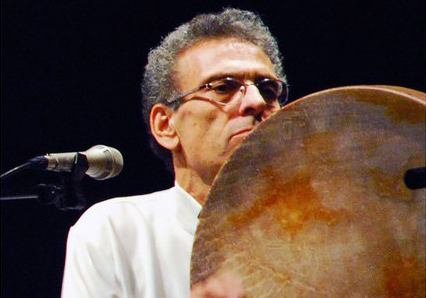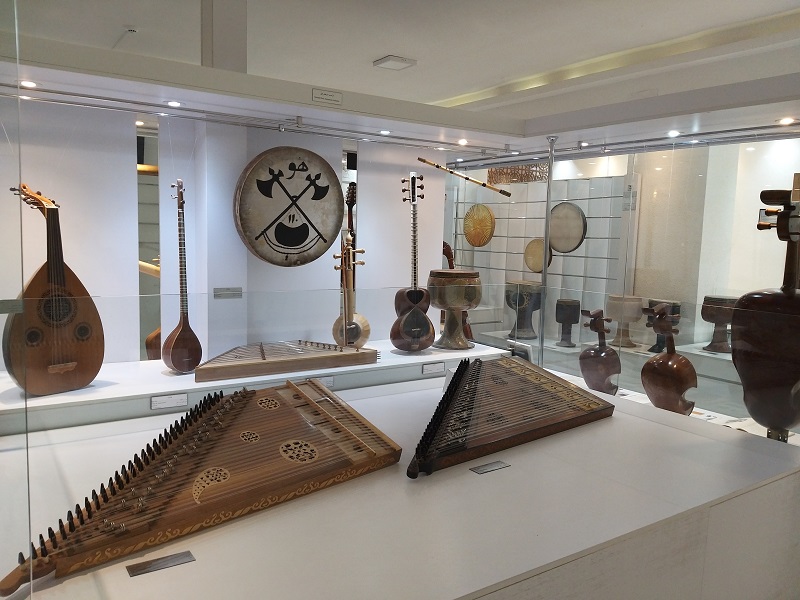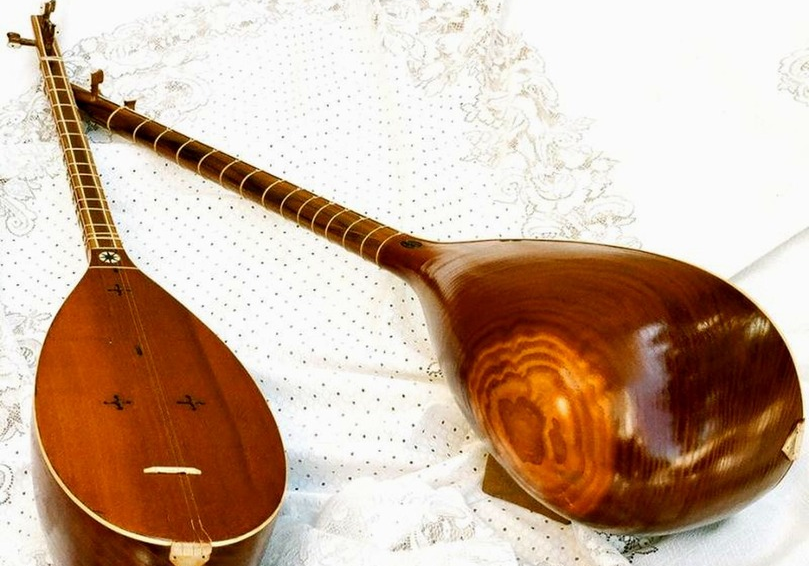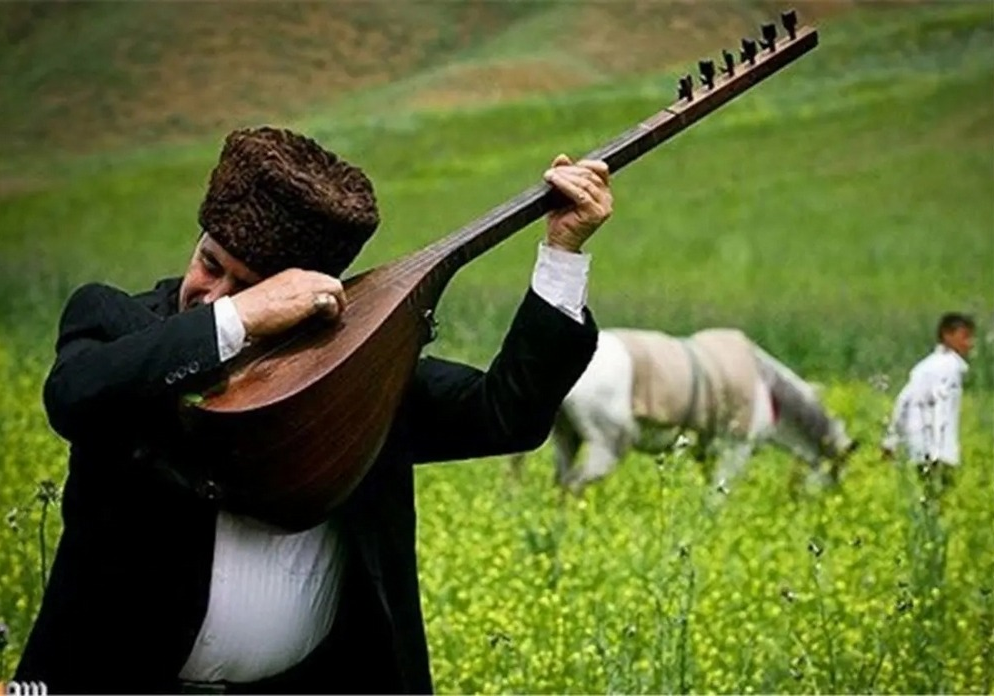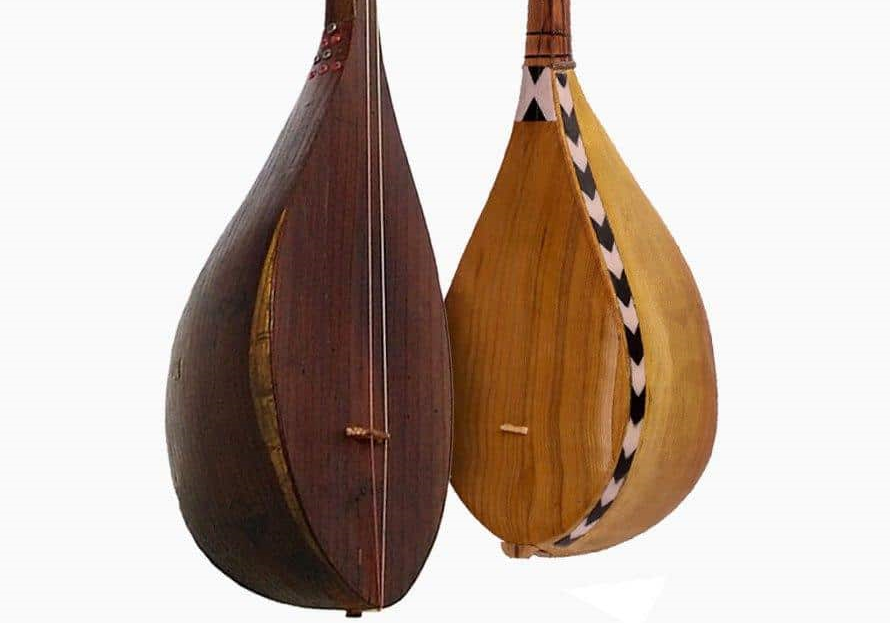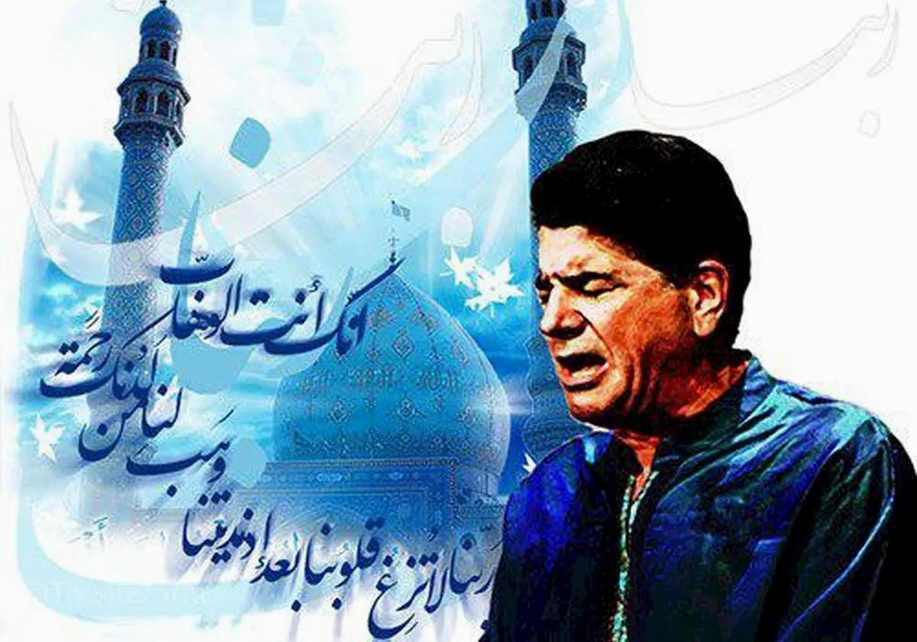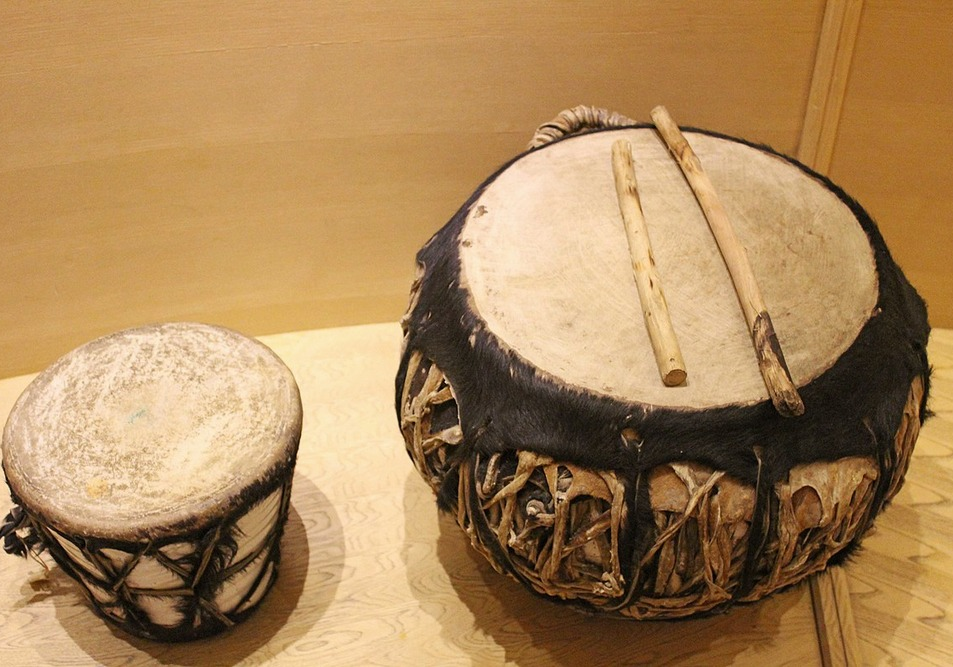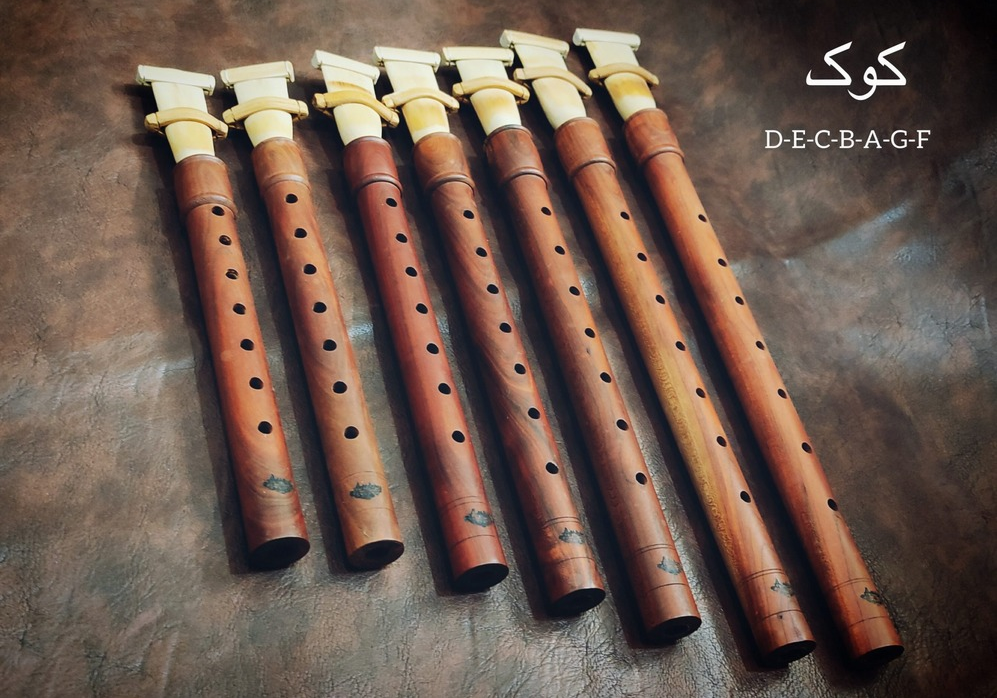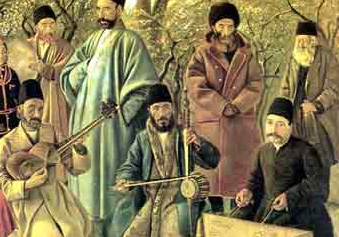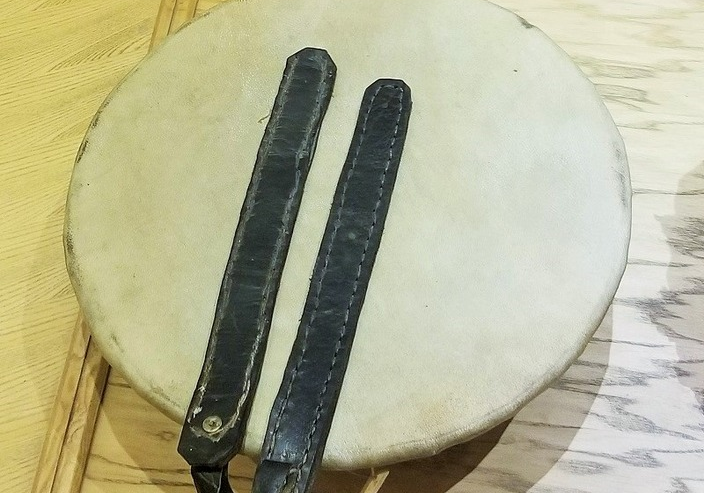
The Music of Chaharmahal and Bakhtiari Province
The Music of Chaharmahal and Bakhtiari Province
Music is a cultural element that can be, regardless of race and language, considered a universal art. This feature has made music one of the most important tools of intercultural interaction. The local music of different regions of Iran, including the Bakhtiari music, is an important part of the cultural narratives of different ethnic groups, which have their own melodies.
Features of Bakhtiari Music
Bakhtiari music has a close relationship with the Bakhtiari dialect, which is one of the original branches of the Persian language and although it is not possible to point out a precise date for its emergence, its history dates back to long ago. This dialect is used in large parts of Iran such that the Bakhtiari-speaking people are present in six or seven provinces of Iran.
Bakhtiari music is reflective of Bakhtiari culture, history, rituals, and worldview of Bakhtiari-speaking people, which has been passed on from one generation to another and expresses different aspects of the lives of these people. Considering that a large part of Bakhtiari people are nomads, Bakhtiari music has been greatly influenced by this characteristic. In fact, nomadic life is accompanied by many hardships that are reflected in Bakhtiari music and have turned it into one of the most plaintive styles of regional music in Iran. However, love and solidarity are seriously expressed in Bakhtiari music. One of the most interesting features of Bakhtiari music is the concerted and collective performance of many new tunes, songs, and melodies, which shows how important solidarity and unity are for the Bakhtiari people.
Formation and Divisions of Bakhtiari Music
Bakhtiaris refer to their musical figures as “Tushmal”. This word consists of two parts: “tush” meaning power and “mal” meaning tribe. This name tells about the special place of music in the Bakhtiari tribe and shows how respected those who performed music in the different rituals of this tribe were. Tushamals have been very effective in transmitting old melodies and making new ones. Most Tushamals were poets and songwriters and were proficient in playing the sorna, karna, reed, and kamancheh. Of course, one cannot ignore the role of Bakhtiari people, especially women, in composing songs and writing poetry.
Just like Iranian dastgahi music, Bakhtiari music is divided into two parts, vocal and instrumental. This music can be divided into several parts in terms of its modes and applications, and all of them are different romantic narratives.
The Types of Bakhtiari Music Played in Mourning and Happy Occasions
Bakhtiari music is used in mourning rituals or mourning the loved ones. The Bakhtiari people also call this music “Chapi”, “Varuneh”, or “Dongehdal” and perform it with a karna or a sorna and a drum. In this part of the Bakhtiari music, women sometimes join in and sing along with someone who sings songs as a soloist. Happy Bakhtiari music is especially performed at weddings and its beat is faster.
Occasion-oriented Bakhtiari Music
Bakhtiaris use music on various occasions. One of the most important uses of music by Bakhtiaris is during work, which is called “barzegari” and is heard during harvesting or threshing. In addition, the Bakhtiaris perform special songs during shepherding and related activities. When the nomads are engaged in musk making, a special rhythm is produced from the movement of the musk, and the women of the tribe sing improvised songs with the same rhythm or recite the songs that have been passed down to them from the past.
With the changes that have taken place and with the modernization in many aspects of life, the music of work has faded, but it has not lost its color. Work music shows itself well especially during the migration of nomads and produces a unique effect.
The traditional music of Chaharmahal and Bakhtiari was inscribed on the list of Iran’s national heritage in the year 2011.
Bakhtiari music has a close relationship with the Bakhtiari dialect, which is one of the original branches of the Persian language.
| Name | The Music of Chaharmahal and Bakhtiari Province |
| Country | Iran |
| Works | folk music |
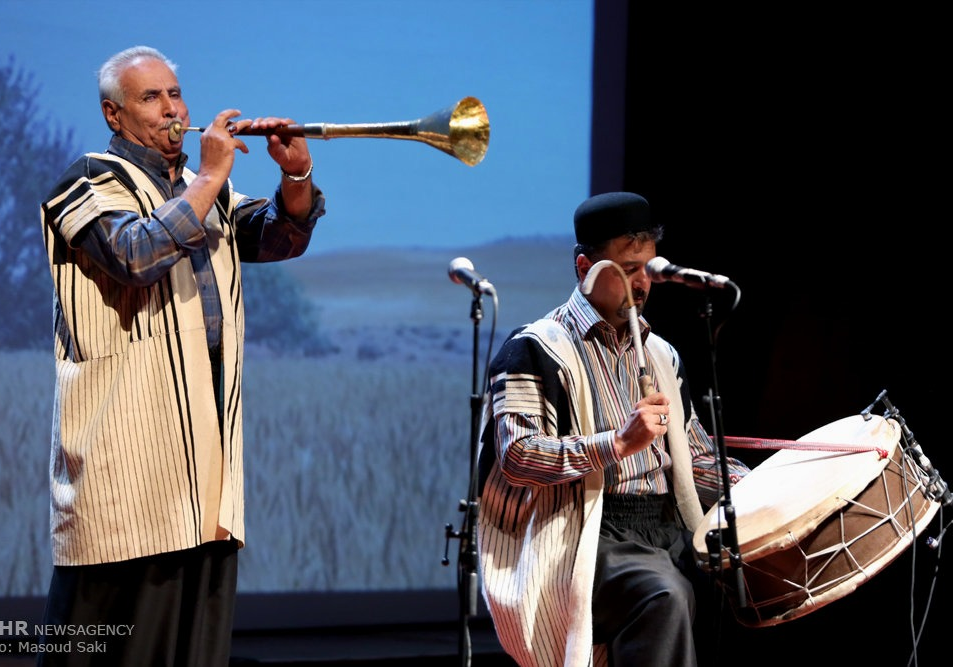
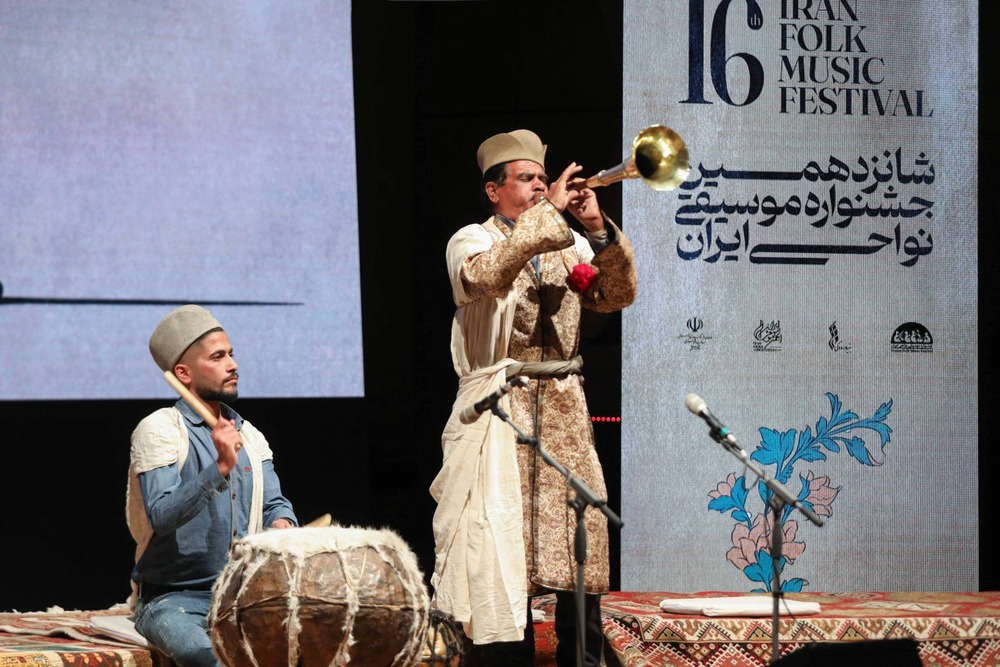


Choose blindless
Red blindless Green blindless Blue blindless Red hard to see Green hard to see Blue hard to see Monochrome Special MonochromeFont size change:
Change word spacing:
Change line height:
Change mouse type:
